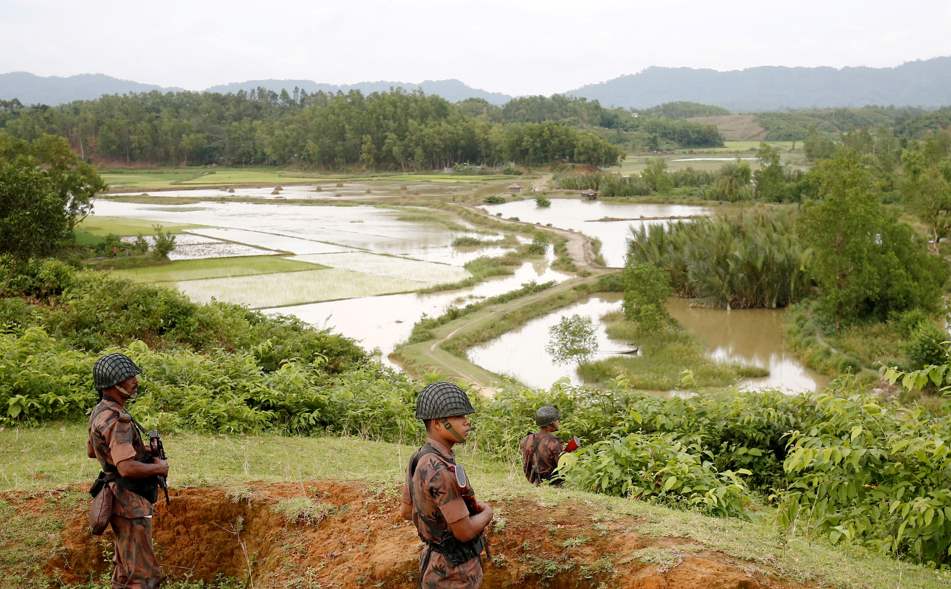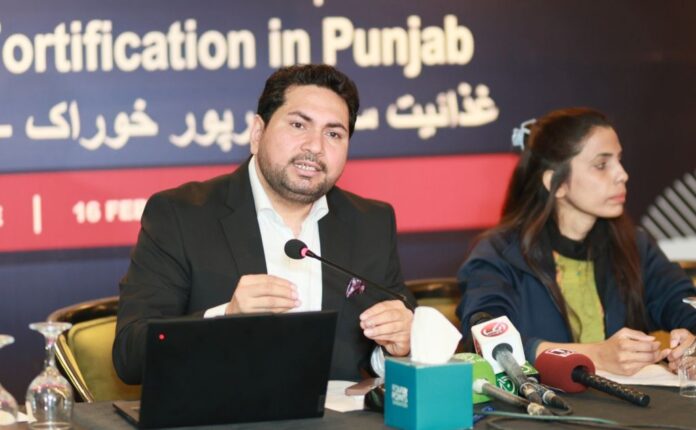DHAKA: Bangladesh said on Wednesday it would not allow more Rohingya refugees from Myanmar to enter the country because supporting the huge numbers already there threatened its own security.
The Muslim Rohingya have faced persecution in Buddhist-majority Myanmar for decades, and nearly a million of them live in overcrowded bamboo and plastic camps in the Bangladeshi border district of Cox’s Bazar; most fled the military crackdown in 2017.
Myanmar’s military rulers regard the Rohingya as foreign invaders and have denied them citizenship, leaving Bangladesh with no prospect of repatriating them across the border to Rakhine from the world’s largest refugee settlement.
“We will not allow more Rohingyas to enter the country… they have already become a burden on us,” Obaidul Quader, minister of road transport and bridges, told reporters on Wednesday.
“International aid has been significantly reduced. How long can we support them?”
Several hundred more people, mostly from the Chakma ethnic group and some Rohingya, have gathered at the Myanmar border to enter Bangladesh as fighting between Myanmar’s rebel forces and the junta regime intensifies, said Mohammad Mizanur Rahman, Bangladesh’s refugee relief and repatriation commissioner based in at Cox’s. Bazaar.
Rahman said Bangladesh is “overwhelmed” by the Rohingya.
“Seven years have passed and we have not been able to repatriate them,” he said.
“Keeping Rohingya Muslims in Bangladesh has become a threat to our security, our law and order. It creates a vulnerable situation for cross-border criminal activity.”
At least 327 border soldiers and police officers from Myanmar, some of them with gunshot wounds, have fled to Bangladesh over the past few days amid escalating violence, said Shariful Islam, a spokesman for Bangladesh’s border guard.
Minister Quader said Dhaka is in talks with India and China to ensure that the internal conflict in neighboring Myanmar does not affect Bangladesh.
The country on Tuesday summoned Myanmar’s ambassador to protest escalating border violence that has killed two people, including Rohingya, on the Bangladeshi side.
“Aid agencies that used to provide financial support are also pulling back and this is creating a lot of economic stress for Bangladesh,” Rahman said.
Rahman called on humanitarian organizations such as the International Committee of the Red Cross (ICRC) to provide food and medical aid to those caught up in the violence in Myanmar due to the ongoing conflict.
“It will ensure that people do not have to cross the border and come to Bangladesh. It will also reduce the pressure on us,” he said.
The United Nations refugee agency (UNHCR) did not immediately respond to a request for comment on Quader’s statement.
“Bangladesh has generously provided shelter to those fleeing violence over the years,” the agency said earlier. “UNHCR is in constant contact with the Bangladeshi authorities and continues to advocate for civilians fleeing the violence to have access to safety.”







